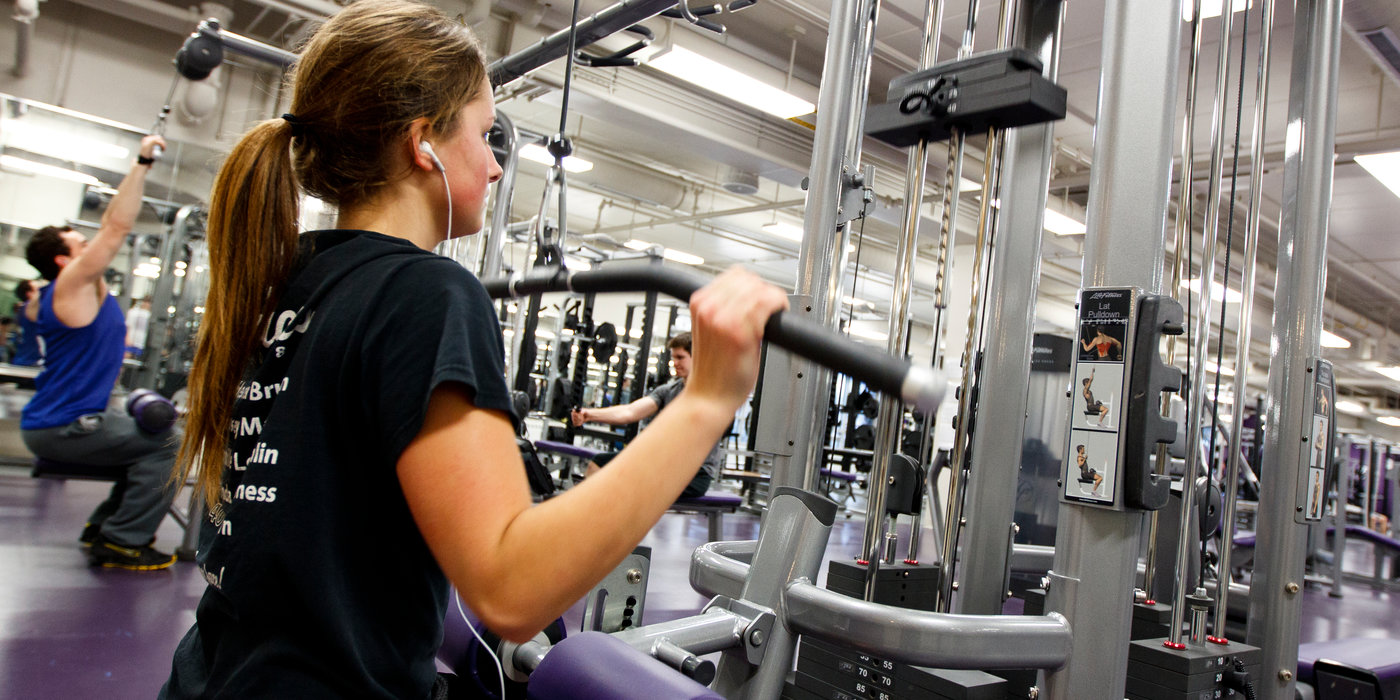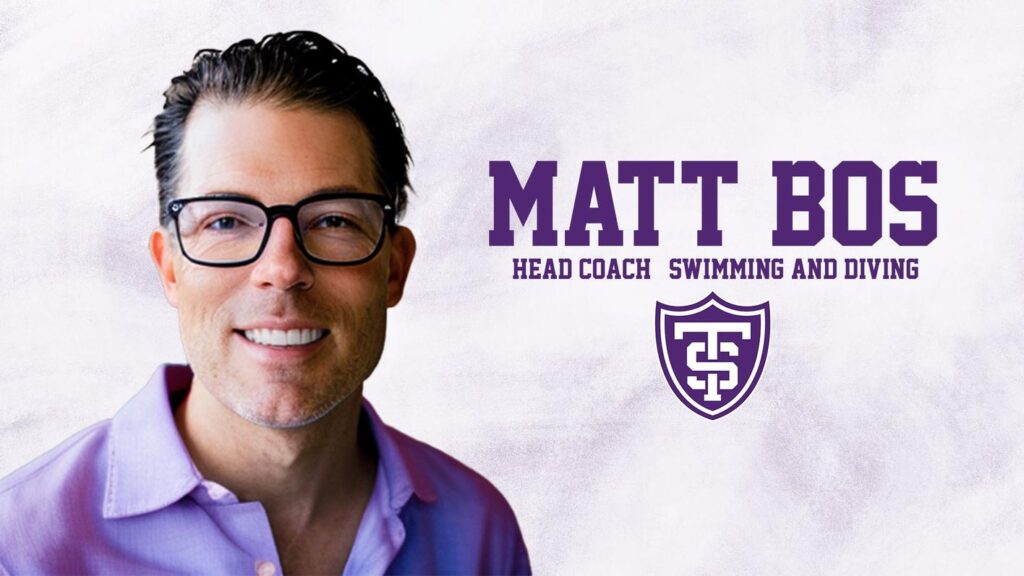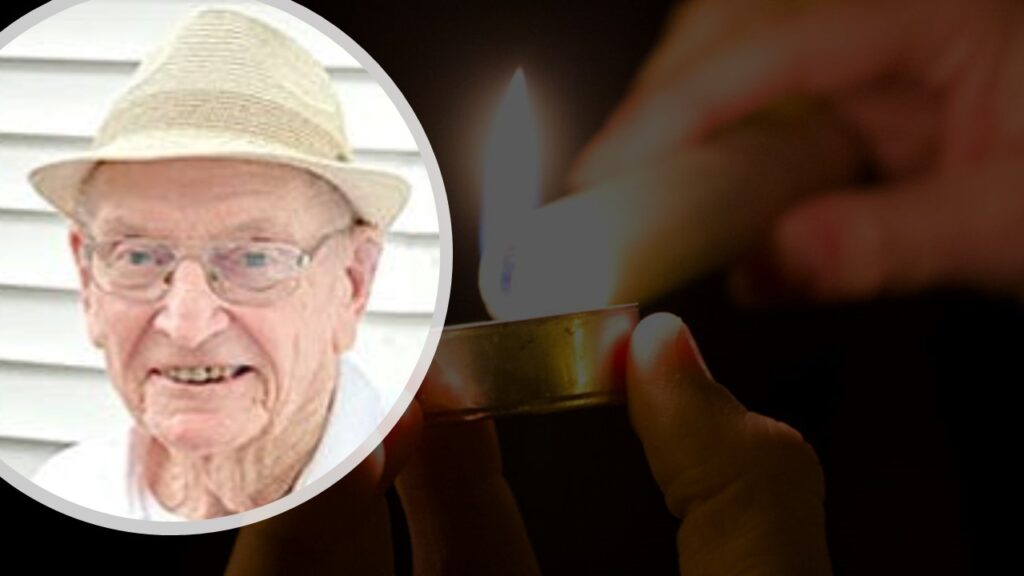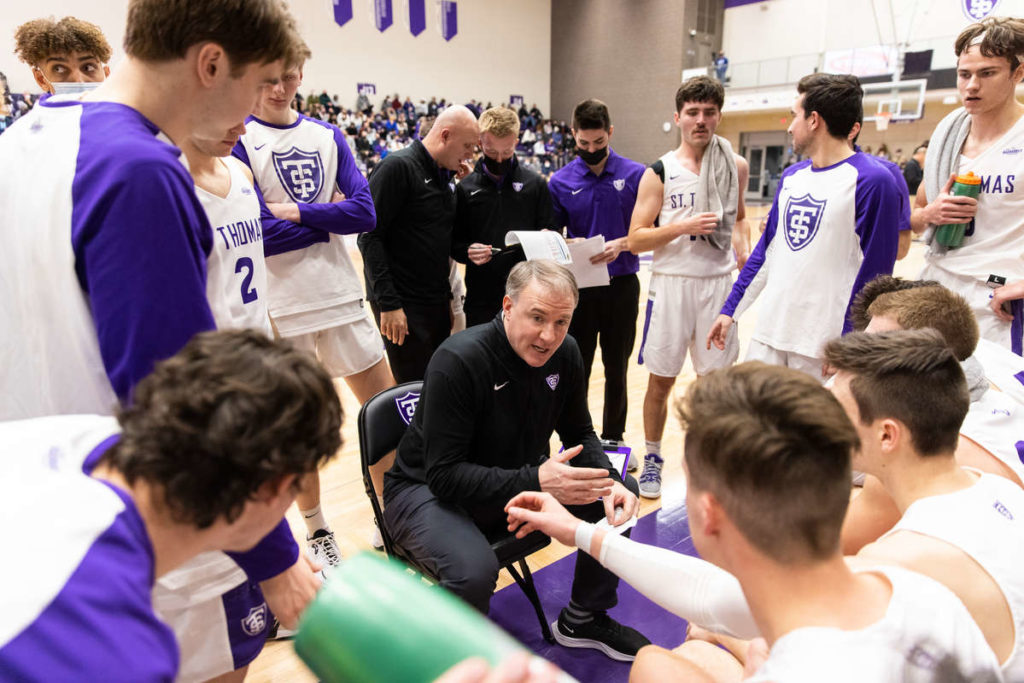What started out as a conversation between Paul Mellick, associate professor and chair of the Department of Health and Exercise Science, and College of Arts and Sciences Dean Yohuru Williams has tapped into a groundswell of interest in exercise at St. Thomas.
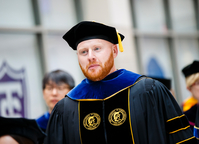
Paul Mellick
The two initially talked a couple of years ago about implementing a better working relationship between Mellick's department and the university's athletics program. Plans started coming into place, and accelerated once Phil Esten ‘95 joined the university as vice president and director of athletics.
The Department of Health and Exercise Science started out by working with the women's cross country team and the athletic training staff.
Along the way, Mellick heard about Exercise is Medicine, a United States-based health initiative co-launched by the American College of Sports Medicine and the American Medical Association. The initiative aims to make physical activity assessment and promotion a standard in clinical care, connecting health care with evidence-based physical activity resources for people everywhere, of all abilities.
The program exists in 40 countries across the globe, along with another program calling upon universities and colleges to promote physical activity, Exercise is Medicine On Campus.
"Exercise is Medicine On Campus seemed like a natural fit to implement campus-wide involvement," Mellick said.
Tommie Training
St. Thomas obtained the Exercise is Medicine On Campus designation four months ago and is one of 10 institutions in the state with the designation.
The university's first program as part of Exercise is Medicine On Campus, Tommie Training, kicked off last November. The free program allows students, faculty and staff the opportunity to receive professional training from qualified student trainers in the Anderson Athletic and Recreation Complex.
"We were hoping to get about 100 people signed up the first time around, and close to 400 signed up, so we have a pretty lengthy waitlist," Mellick said. "We're in the process of trying to raise some more money across campus to be able to fund more student hours to pay for those trainers so we can train more people."
Approximately 100 people currently are being trained through Tommie Training.
"Our job as trainers has been to educate and motivate those who wanted to take the next step at becoming a healthier version of themselves," Hannah Studee '20 said. "The biggest impact of Tommie Training and Exercise is Medicine on Campus will be helping people feel comfortable in a gym setting, in hopes that they will continue their new healthy habit and overall make our community a better place."
Tommie Training is just the start, however. Mellick is collaborating with the Center for Well-Being on events that will take place this spring. He's also talking with Human Resources and the Office of Sustainability Initiatives about ways to work together on Exercise is Medicine On Campus. Williams and his office continue to be a champion of the program, as well, Mellick said.
"Exercise is Medicine on Campus will create a large community centered around movement, which provides accountability, fosters relationships and keeps exercise fun," student trainer Lauren Wikstrom '20 said.
Higher education institutions participating in Exercise is Medicine On Campus can annually apply for recognition - bronze, silver or gold status - from the American College of Sports Medicine. Schools are graded on benchmarks such as number of events on campus; student accessibility to events and athletic facilities; buy-in from university leadership; how frequently Health Services prescribes exercise; and more.
Mellick is coordinating the recognition application and hopes St. Thomas receives bronze level to start.
"Gold recognition is a realistic possibility next year," Mellick said. "The establishment of a College of Health adds another dimension."
Just like the university's involvement in Exercise is Medicine On Campus started out with a conversation, Mellick is open to ideas from campus community members on additional ways to improve the health and well-being of the campus community.
